Selecting which dog is best for home can be confusing. Several factors like your living situation, energy levels, and trainability must be considered. Factors like size, temperament, hypoallergenic features, etc should be taken under consideration. Here we will try to help you to find the best dog for you. Making a good bond with the dog can be a learning curve but worth it. To find the best fit for you, let’s keep reading.
Table of Contents
Factors to Consider When Choosing a Dog for Your Home
Choosing a breed that matches your lifestyle and environment can be confusing. It is necessary to assess the dog’s temperament, exercise needs, and grooming requirements. Research their compatibility with children, other pets, and apartment living. Consult with a vet or trainer for guidance in finding the perfect dog for your home.
Understanding Your Living Situation
When choosing a dog, consider your living situation. Compare the size of your home and the available space for the dog to exercise. Check for any breed restrictions and noise levels in your neighborhood. Also, think about the time and effort you can dedicate to training and care.
Evaluating the Size of the Dog
Always evaluate factors like living space, lifestyle, and family dynamics. Consider exercise needs and space availability. Also, assess the strength of family members to handle the dog’s size. Keep in mind the grooming requirements, exercise needs, and energy levels of the breed.
Assessing the Energy Levels of the Dog
Active families may prefer high-energy breeds like Alaskan Malamutes or Portuguese Water Dogs. For more relaxed lifestyles or families with young children, lower-energy breeds like Brussels Griffon or French Bulldog puppies are a better fit. Consider exercise needs, daily activity requirements, and available time for exercise and play. The American Kennel Club offers valuable information on breed energy levels.
Considering the Shedding Aspect
Determine your tolerance for dog hair and grooming. Research breeds with hypoallergenic or low-shedding coats if allergies are a concern. Some breeds require regular grooming, while others shed moderately or seasonally. Consider the time, effort, and resources you can provide for grooming. Also, take into account how shedding may affect the cleanliness of your home. Importance of Trainability
Look for intelligent, and quick learners. Evaluate obedience and responsiveness to commands. Training takes time, patience, and consistency. Seek professional training for high-energy dogs or specific behavior needs.
Which Dog is Best for Home? More specific
When choosing small breeds for your home, consider the French Bulldog for compact and friendly companionship. The Dachshund is lively and clever, ideal for families with older children. The Jack Russell Terrier is energetic and fun-loving,
Best Small Breeds for Home
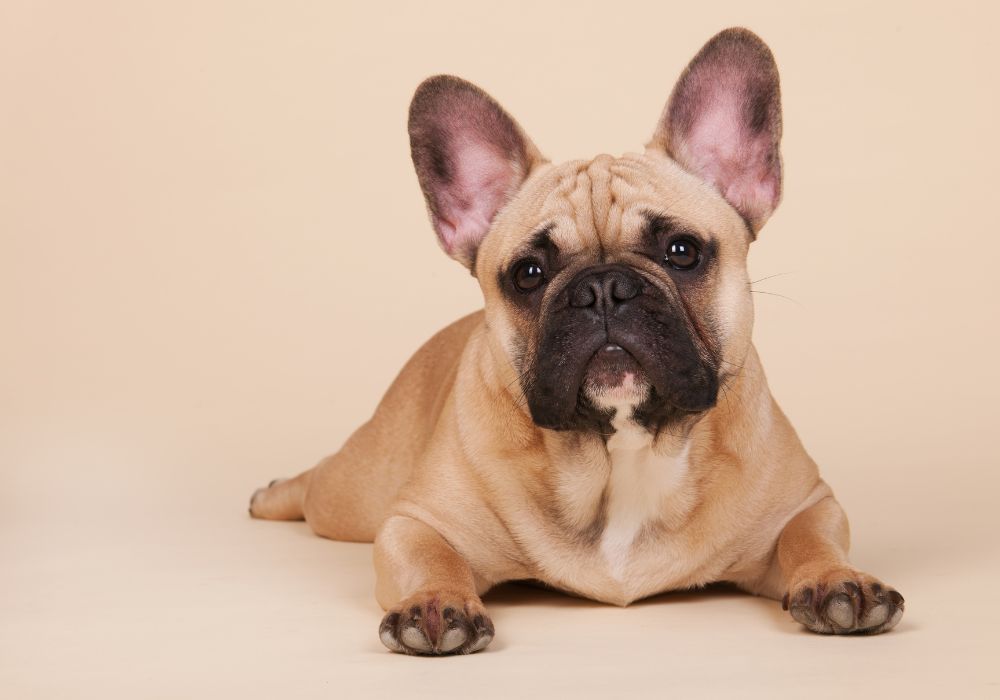
French Bulldog – A Compact and Friendly Companion
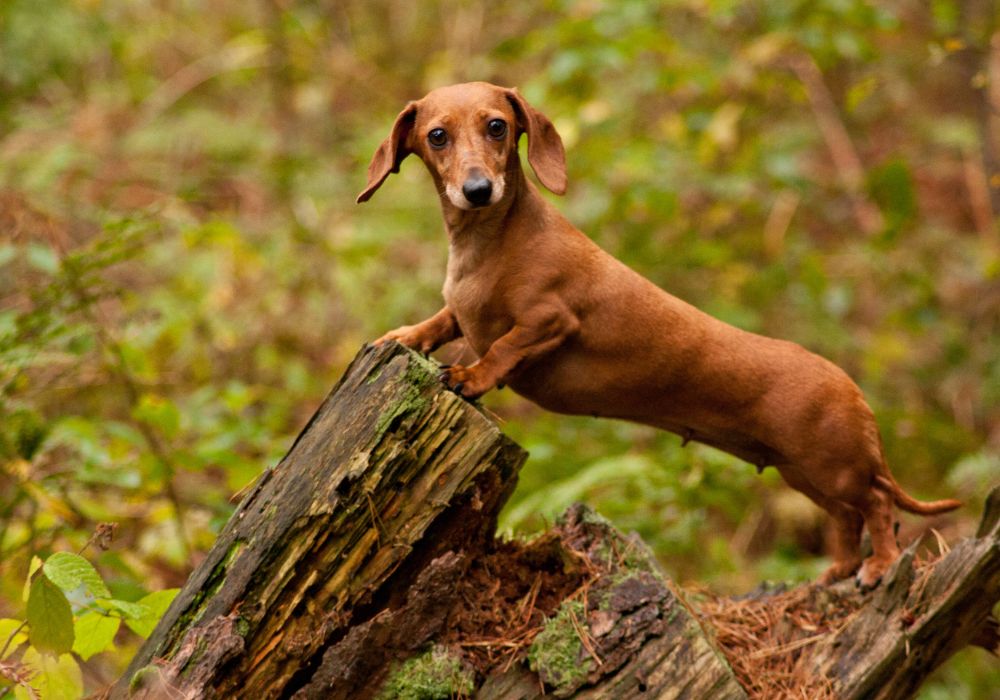
Dachshund – A Lively and Clever Housemate
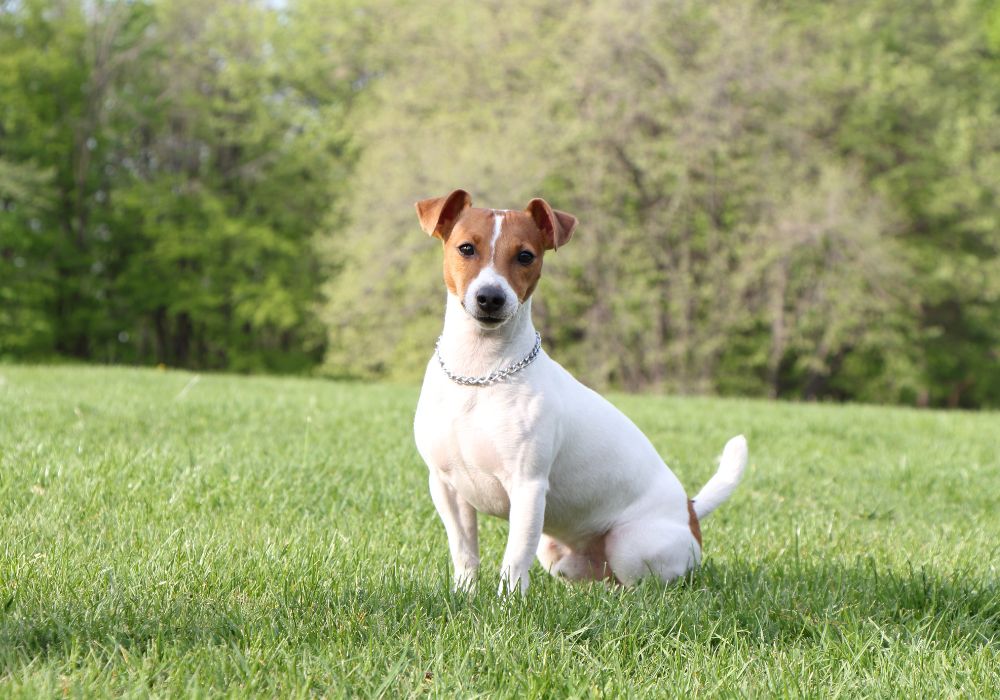
Jack Russell Terrier – Energetic and Fun-loving
Best Medium Breeds for Home
When it comes to medium breeds for homes, a few options stand out. The Basset Hound is gentle and friendly, great for families seeking a relaxed companion. The Border Collie is active and intelligent. The Bulldog is courageous, calm, and friendly.
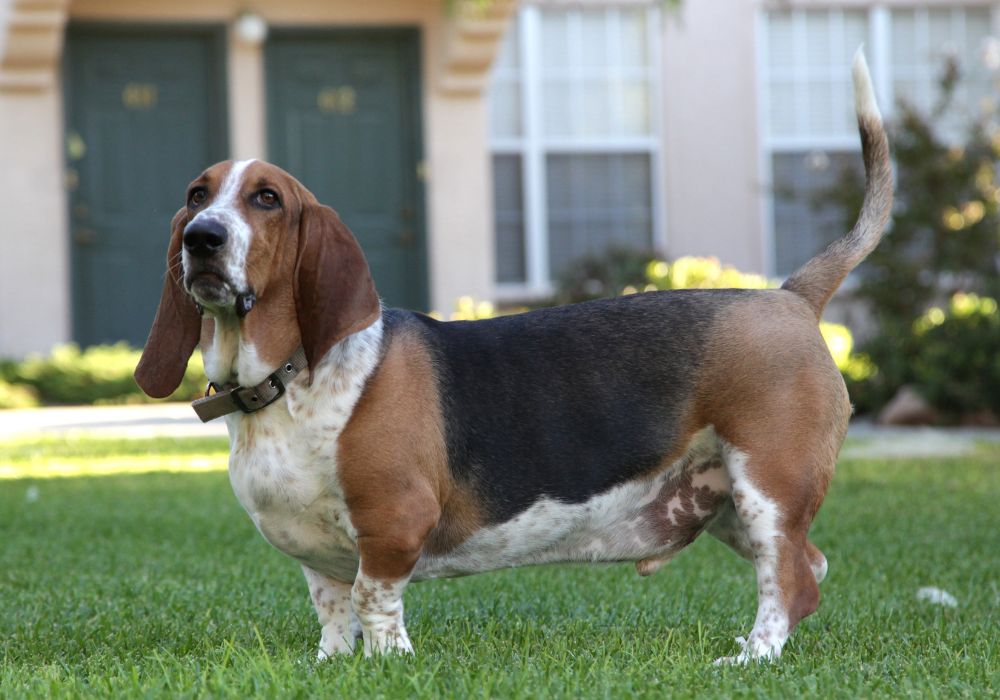
Basset Hound – A Dog with a Gentle Disposition
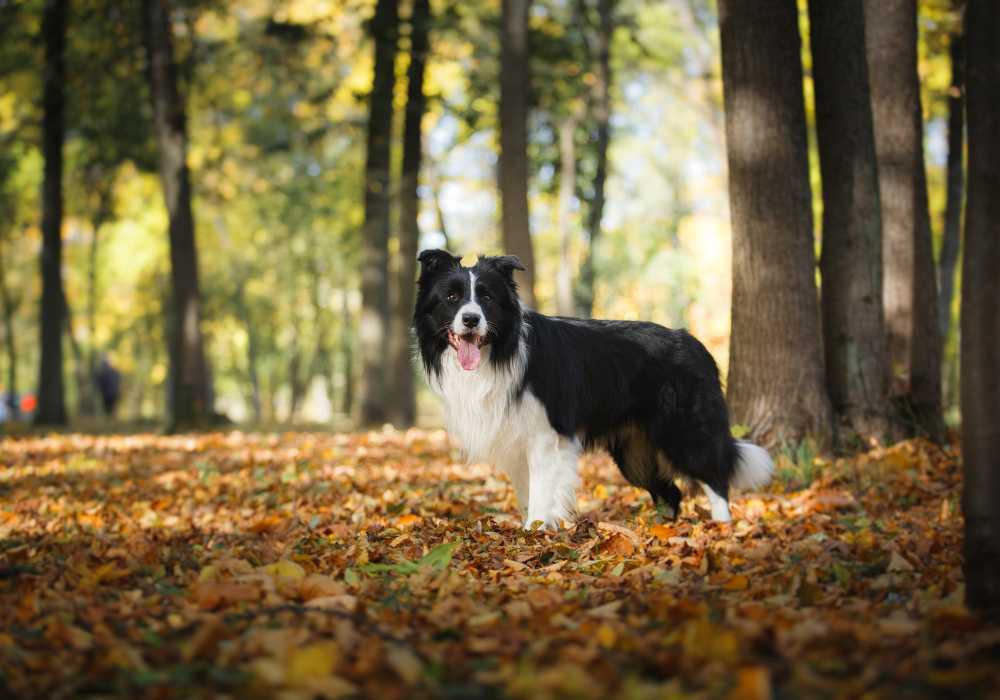
Border Collie – An Intelligent and Active Breed
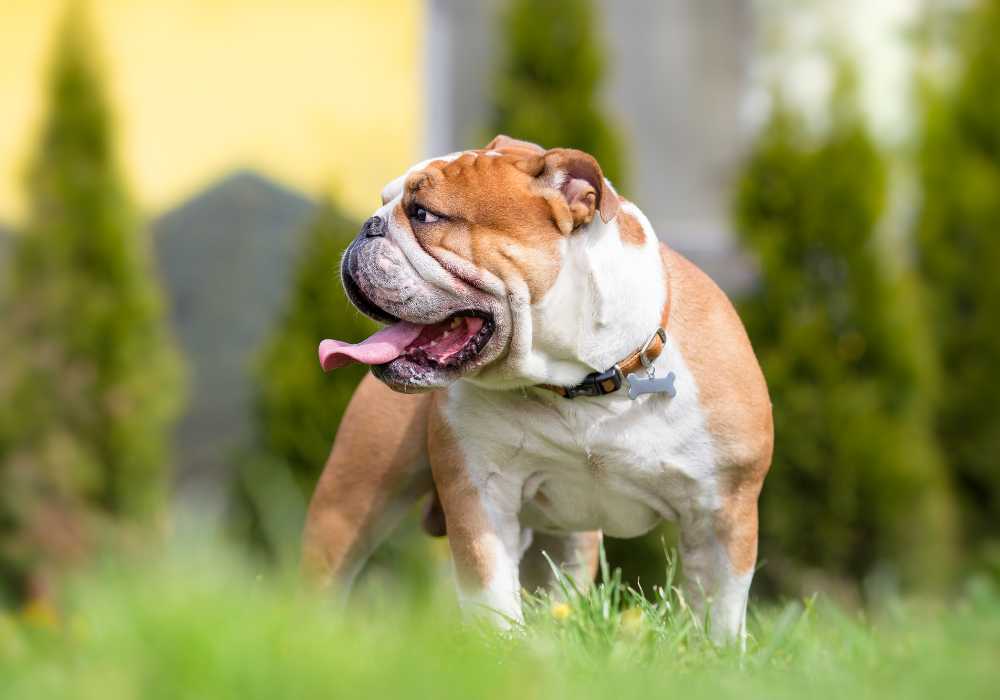
Bulldog – A Calm and Courageous Breed
Best Large Breeds for Home
As large breeds for your home, consider the Golden Retriever, Labrador Retriever, and Bernese Mountain Dog. These friendly and gentle dogs provide size, temperament, and companionship for any family.

Golden Retriever – An Excellent Family Dog
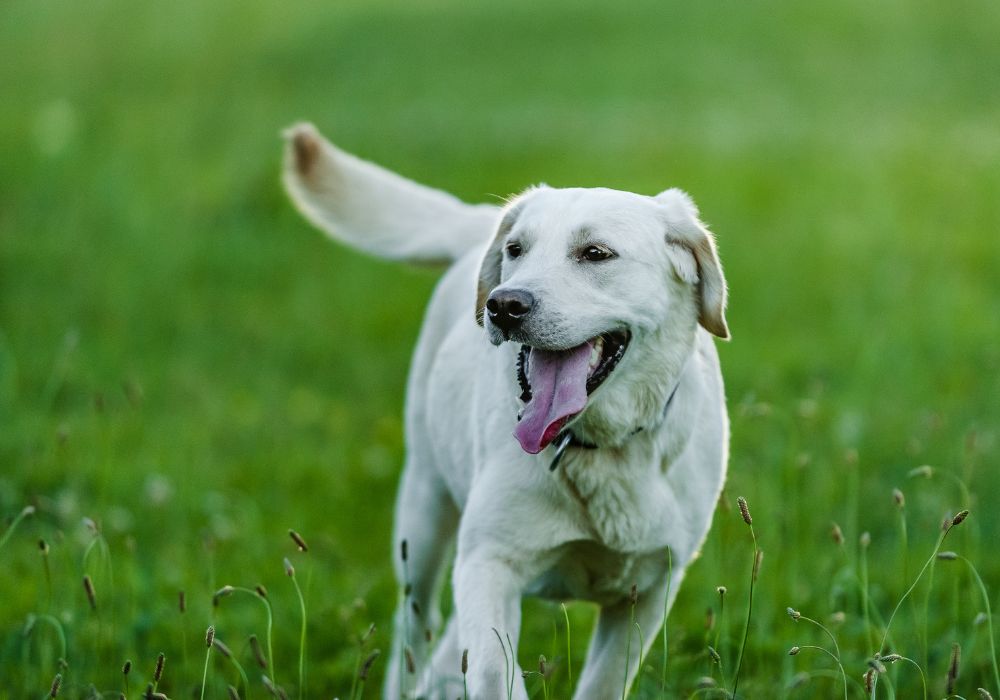
Labrador Retriever – A Friendly and Outgoing Dog
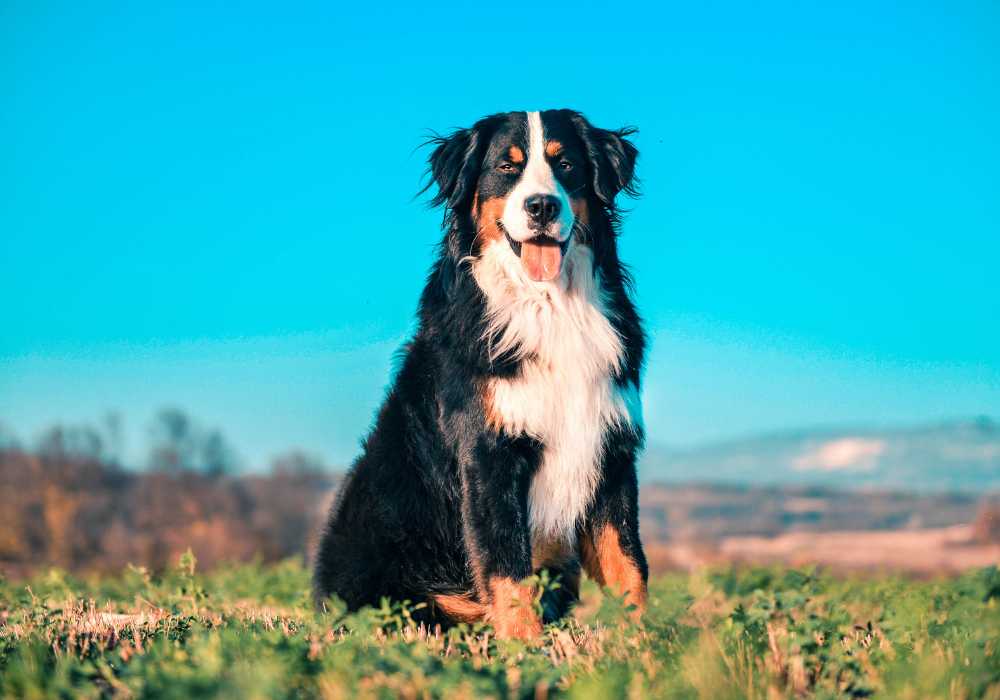
Bernese Mountain Dog – A Good-natured and Calm Dog
Hypoallergenic Dogs for Allergy-prone Families
Dogs like Poodle, and Bichon Frise are perfect for allergy-prone families. The American Kennel Club has recognized them as hypoallergenic dogs. Let’s take a look at them.
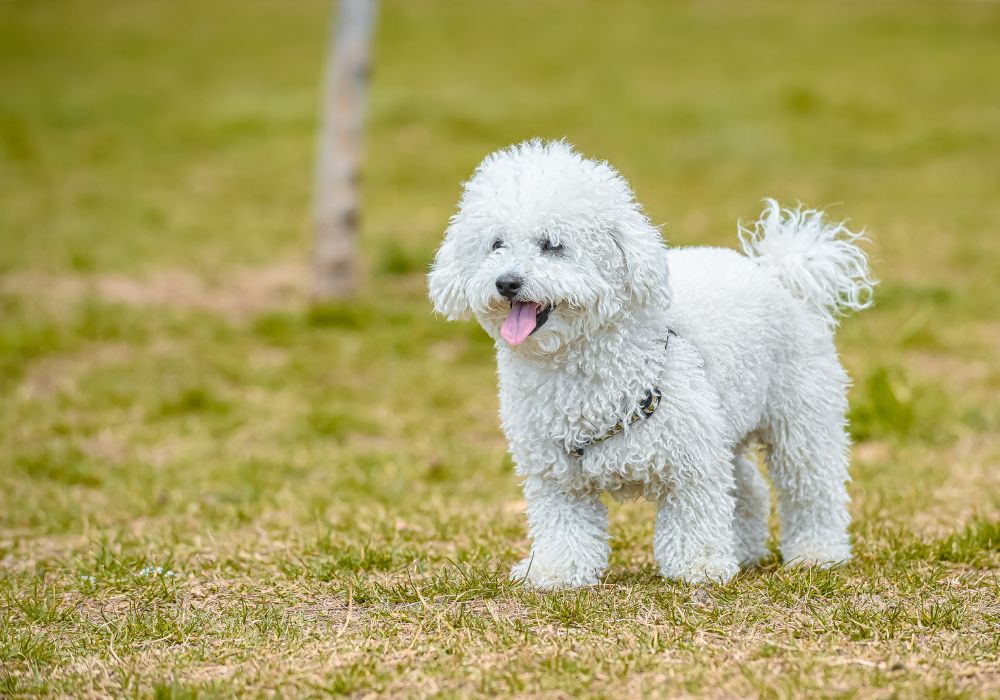
Poodle – A Smart and Hypoallergenic Option
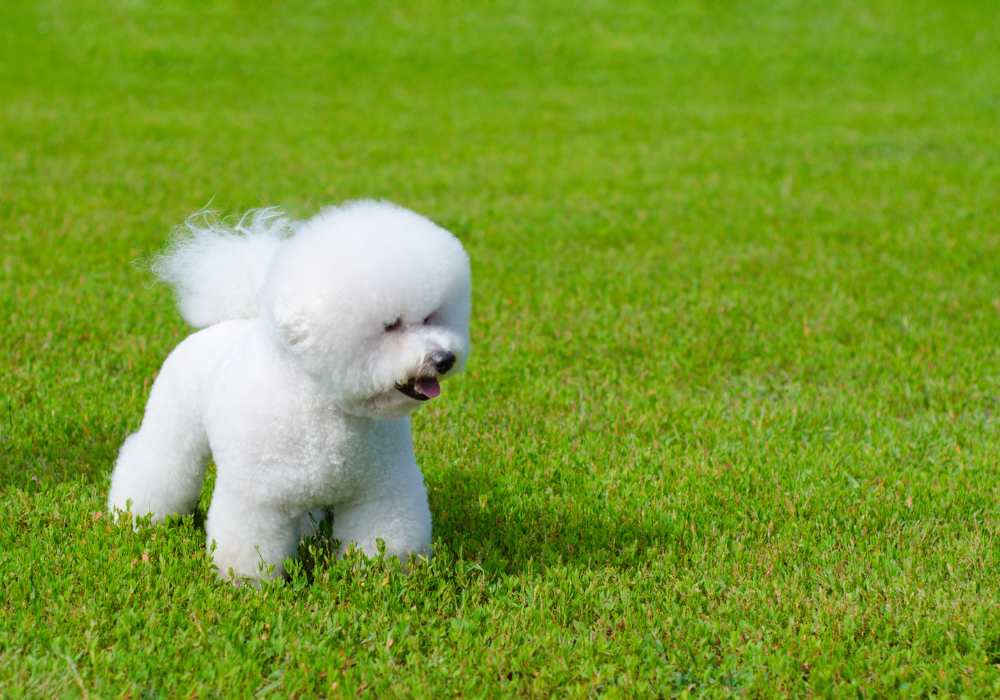
Bichon Frise – A Cheerful and Non-shedding Breed
Top Dog Breeds for Families with Kids
Labrador Retrievers and Golden Retrievers are great dog breeds for families with kids. Bernese Mountain Dogs have a gentle nature and are good for families. Shih Tzus are small and hypoallergenic, ideal for families with older children. French Bulldogs have a friendly personality and are great for apartment dwellers. These breeds are well-suited for a loving family home. Here are some more options for families with kids.

Beagle – A Merry and Friendly Companion

Newfoundland – A Gentle and Patient Breed
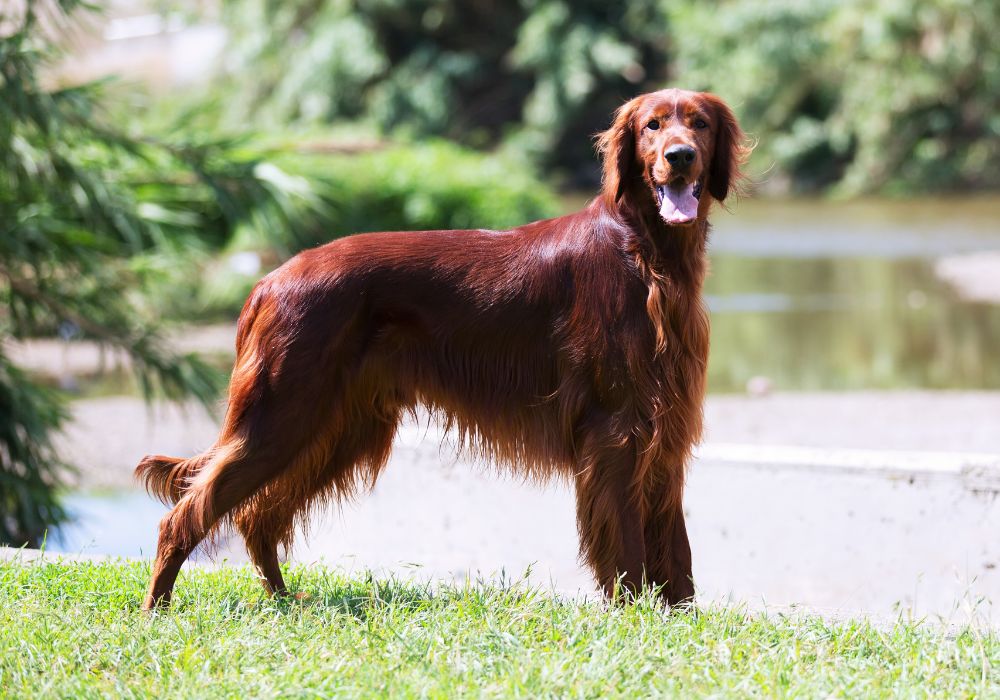
Irish Setter – An Energetic and Fun-loving Dog
How to Foster a Good Relationship Between Your Dog and Family Members?
To build a strong bond with your dog, spend quality time together, exercise regularly, and train for obedience. Involve the whole family in dog care and establish consistent rules and routines.
Does Your Dog’s Breed Determine Their Personality?
Yes, a dog’s breed can influence their personality. However individual dogs may still vary. Genetics, breed characteristics, training, socialization, and environment all contribute to a dog’s personality. When choosing a dog, it’s important to consider breed traits, but assessing personality on an individual level is crucial. With love, care, and training, any dog can develop the best personality regardless of breed.
Frequently Asked Questions
What is the best dog you can own?
Popular breeds for families include Labrador Retrievers, Golden Retrievers, and Beagles. Factors like energy level, exercise requirements, and grooming needs should also be considered. Additionally, adopting a mixed-breed or rescue dog can be a great option.
Which breed is best for first-time dog owners?
Consider the affable Labrador Retrievers, Golden Retrievers, and Beagles as excellent options for first-time dog owners. These breeds are known for their trainability and friendly personalities.
Which dog breed is best for a warm region?
In warm regions, it’s important to consider dog breeds with short coats and lighter colors. Some good options include the Chihuahua, Dalmatian, Italian Greyhound, Basenji, and Pharaoh Hound. Regardless of breed, all dogs in warm climates need access to shade and water.
What breed of dog is the most protective of humans?
Some dog breeds are known for their protective nature, making them great options for those seeking added security. Breeds like German Shepherds, Rottweilers, Doberman Pinschers, and Bullmastiffs are often considered to be highly protective of their owners.
Conclusion and final thoughts
Choosing the right dog for your home requires careful consideration. Factors such as living situation, size, energy levels, shedding, and trainability are important. There are options for small, medium, and large breeds with unique qualities. A dog’s breed doesn’t solely determine their personality. With love, care, and training, any dog can become a cherished family member.

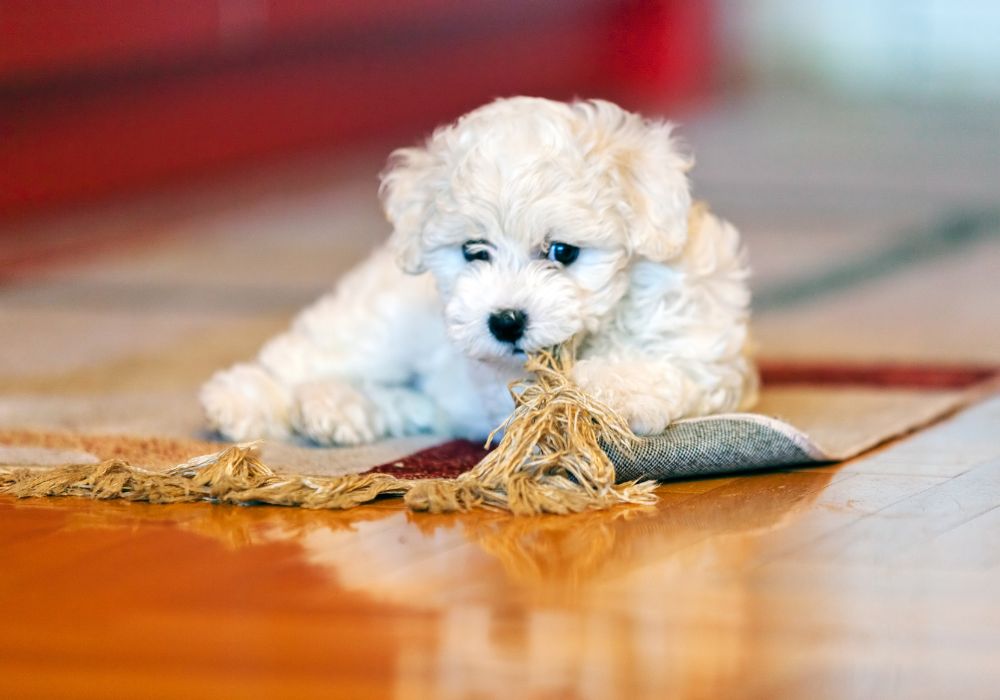
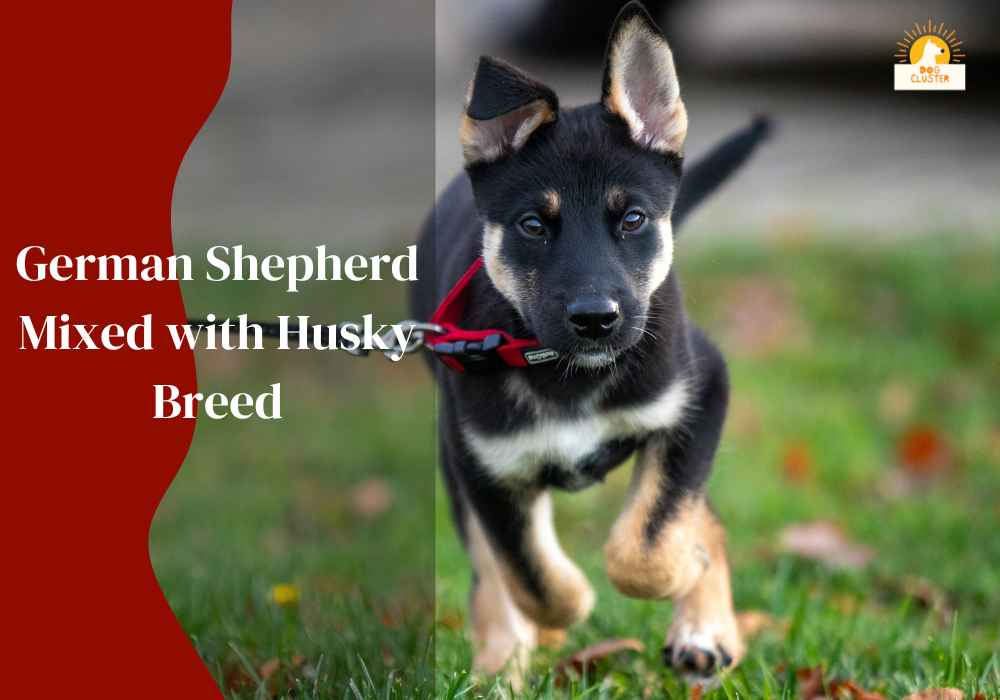
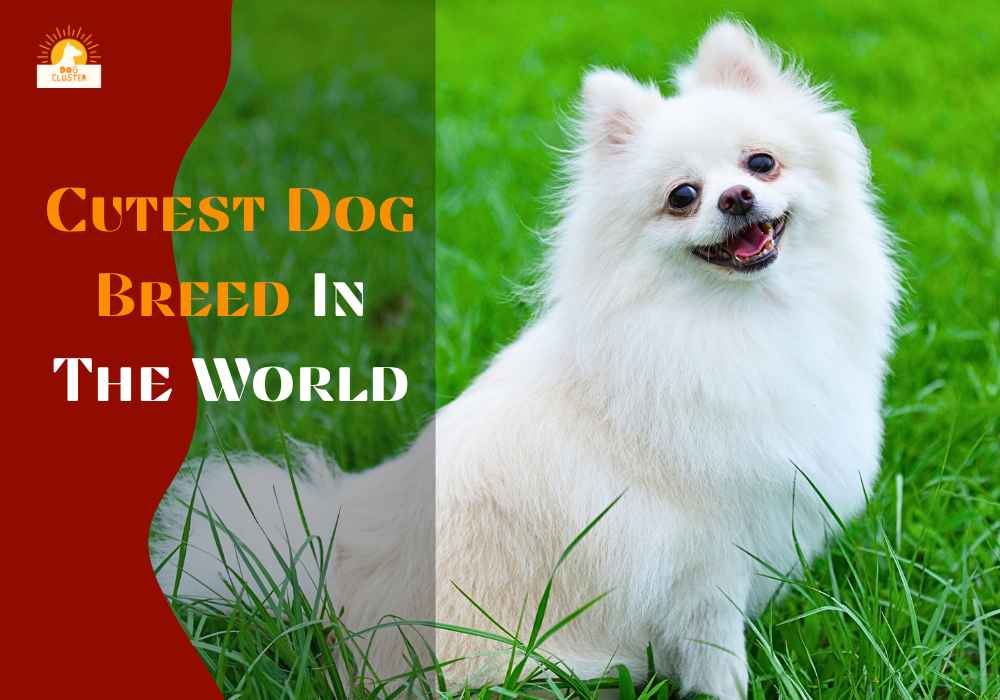

Leave a Reply